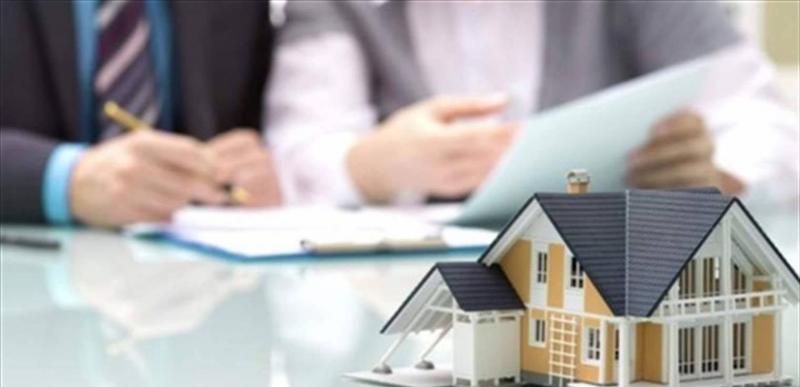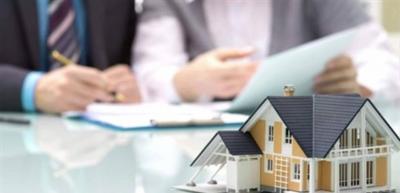Due to the large number of applications submitted by Lebanese citizens seeking loans from the Housing Bank for purchasing an apartment in rural areas, renovating homes, or purchasing solar panels, it has been reported that the Housing Bank is moving to include housing loans for all Lebanese villages and cities, not just rural areas. Additionally, the apartment size limit is increasing to 150 square meters instead of 120. There is also a trend allowing citizens to benefit from solar energy loans even if they have previously benefited from other subsidized loans.
These facilities that the Housing Bank seeks to provide to Lebanese citizens come amid simultaneous political and national challenges alongside a financial and economic collapse that has heavily burdened citizens under the weight of escalating living costs. "The light has returned with the Housing Bank" on June 20, and citizens can now purchase an apartment or renovate a home and acquire solar panels. The bank has started accepting applications for the three types of loans through its website, WWW.BANQUE-HABITAT.COM.LB.
A financial source stated to "Al-Markaziah" that these loans represent "a glimmer of hope and a door of relief opened for citizens to acquire an apartment or renovate a house, along with ensuring electricity through solar energy, which until recently was limited to the affluent." The source emphasized that "using the Lebanese pound as the currency for providing and repaying loans throughout the specified years according to the contract—meaning the Housing Bank gives the loan in the national currency and collects it in Lebanese pounds—shields borrowers from the terrifying rise in the US dollar exchange rate and market manipulation, especially since the Housing Bank does not aim to profit from this service but rather to provide assistance to Lebanese citizens during crises, aiming to stop migration from villages to cities and reduce emigration abroad." The source reminded that "the financing of these loans comes from the bank's capital (which includes 20% members from the public sector and 80% from the private sector), and from a loan from the Arab Fund for Economic and Social Development based in Kuwait, amounting to 50 million Kuwaiti Dinars, which is approximately 170 million dollars, according to the loan agreement signed between the Lebanese state, represented by the Council for Development and Reconstruction, and the Arab Fund on April 25, 2019."




